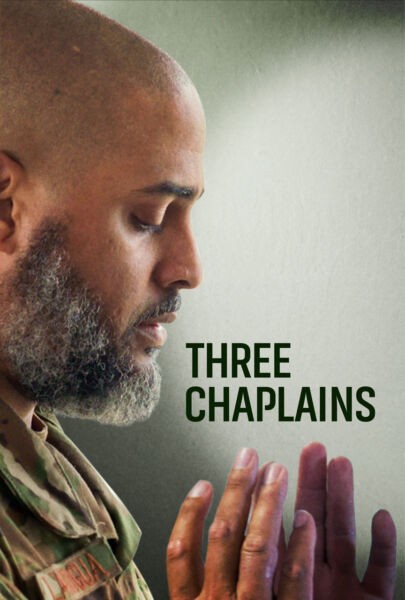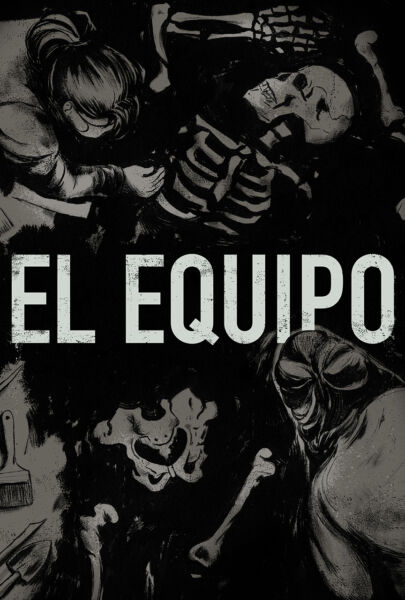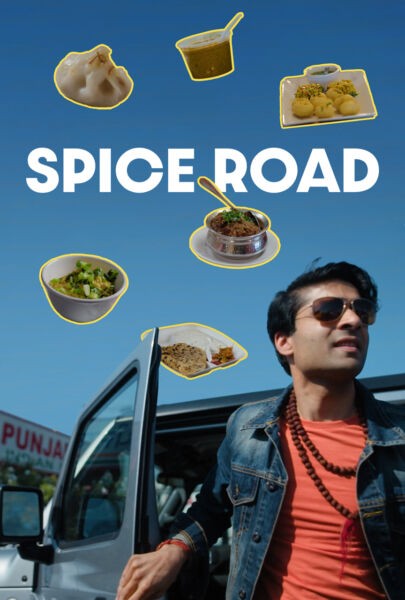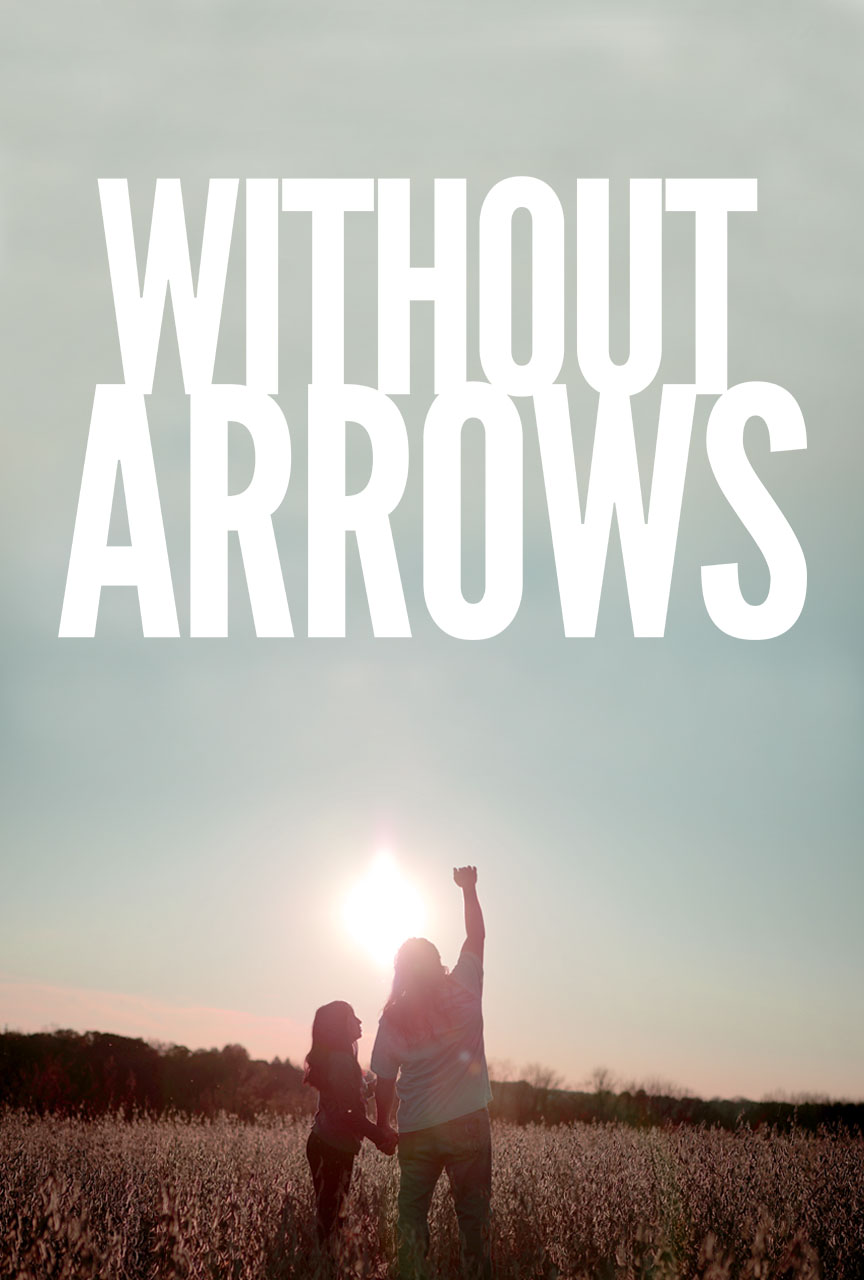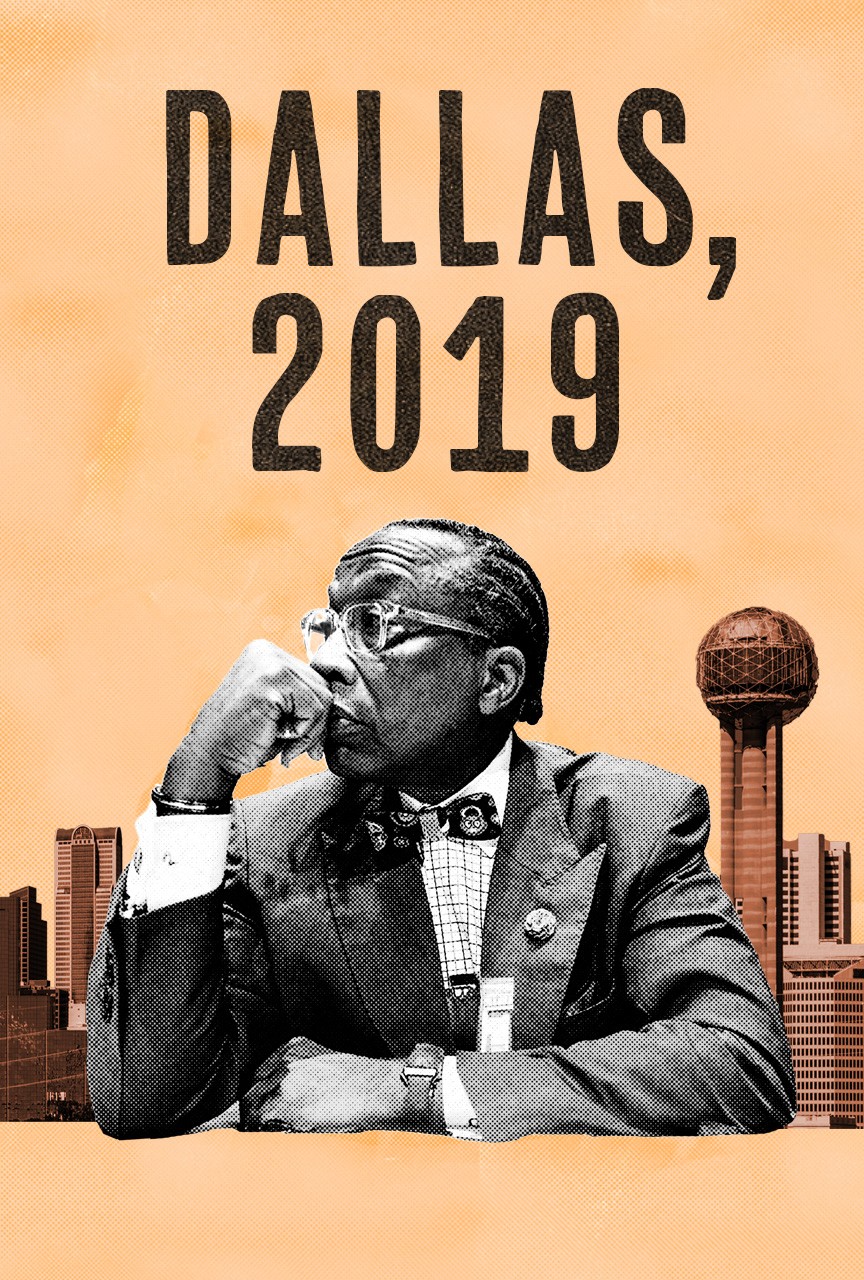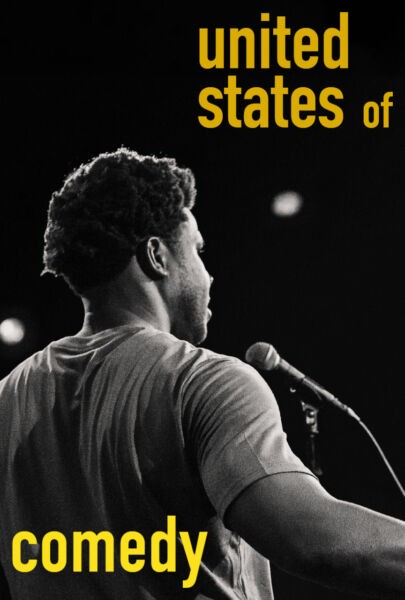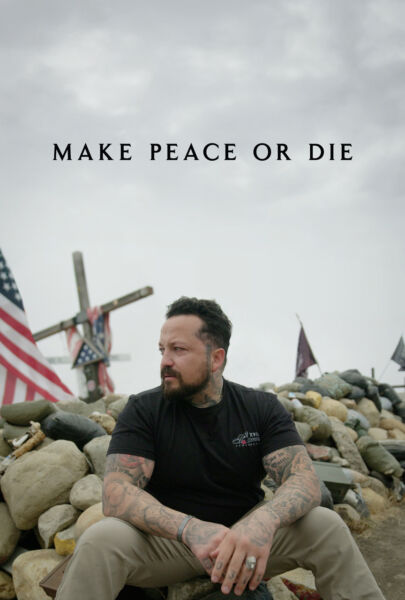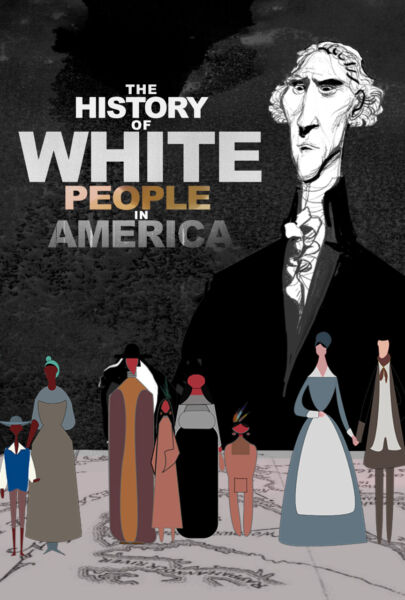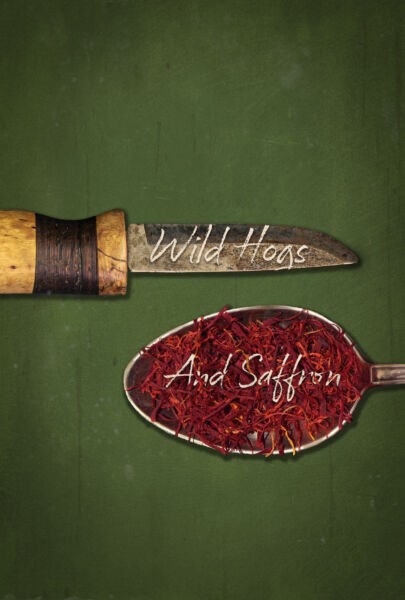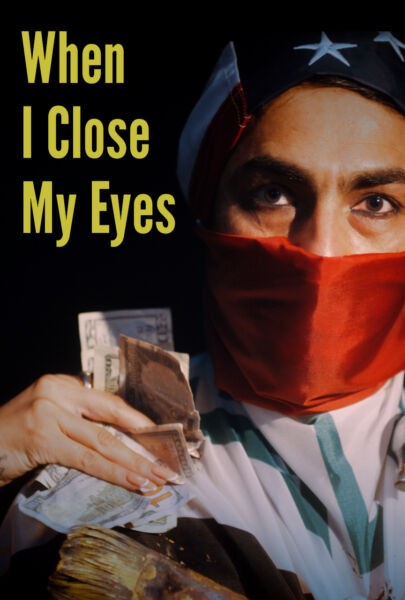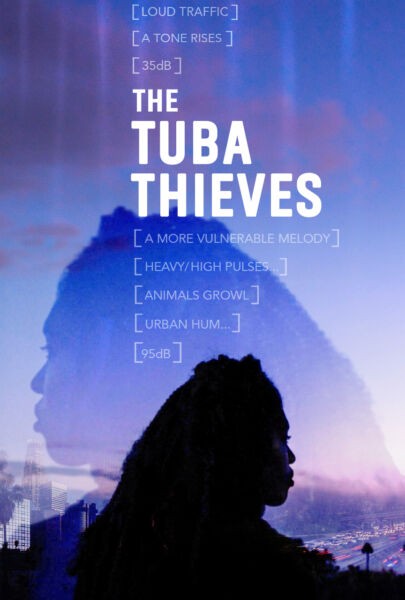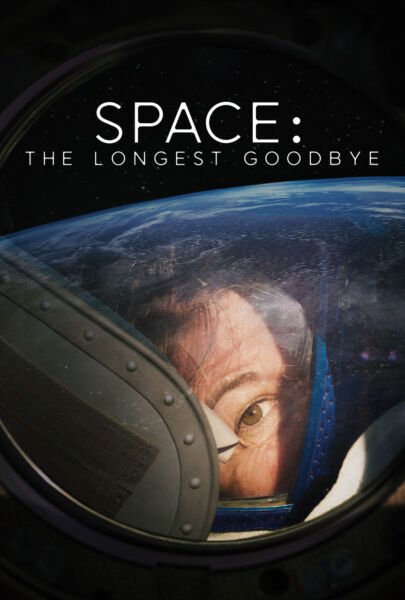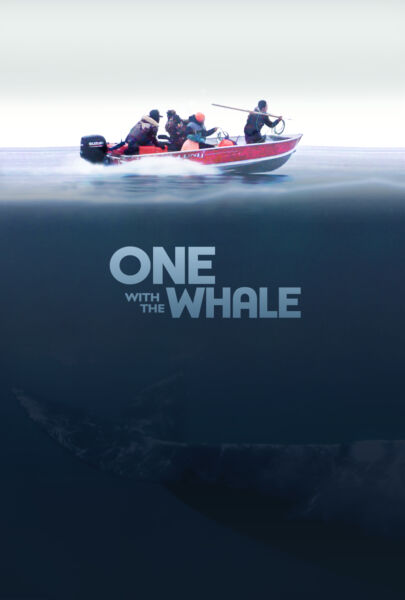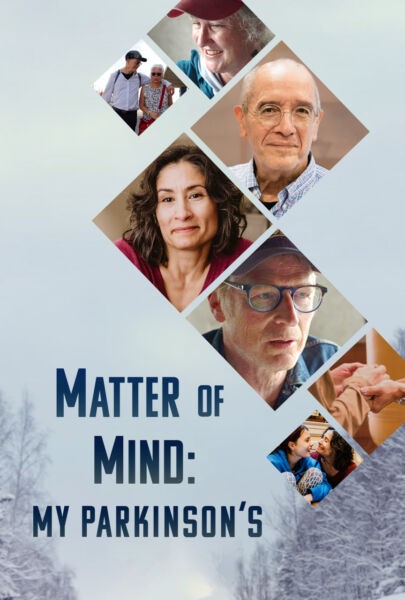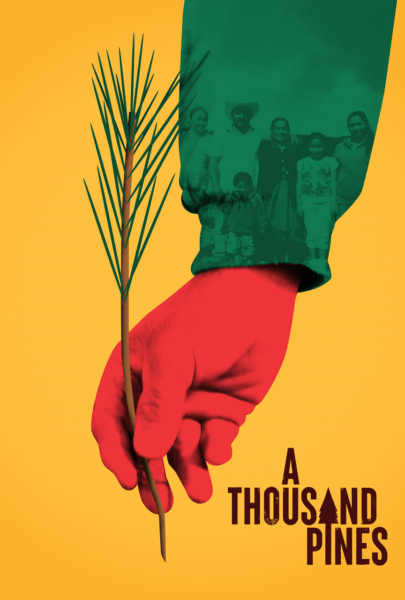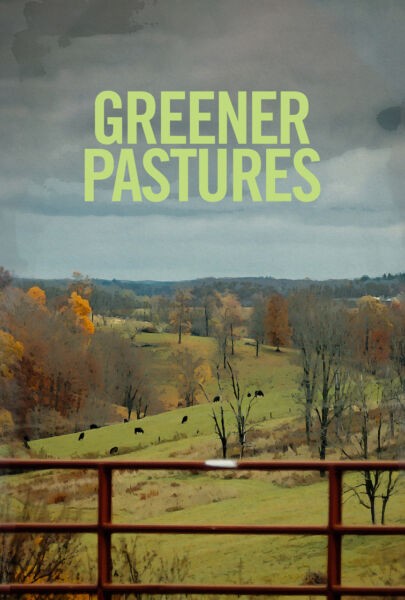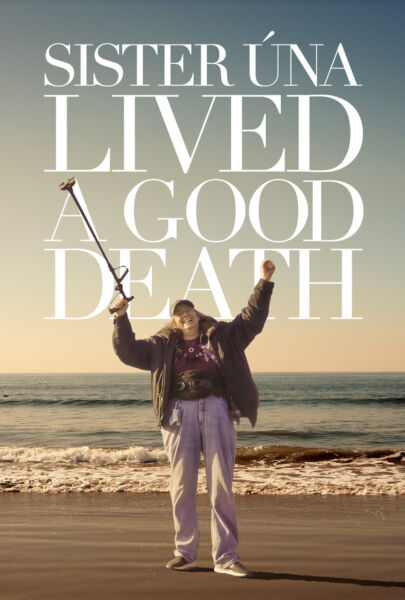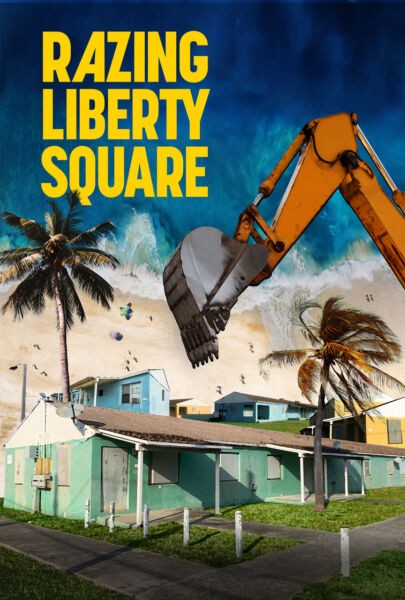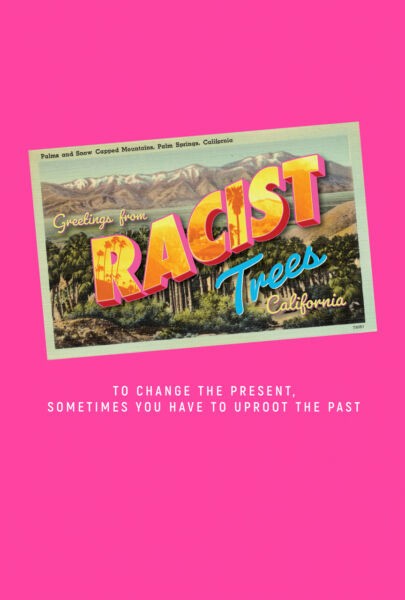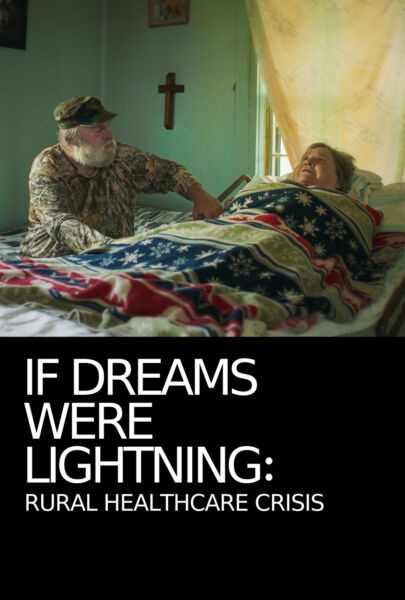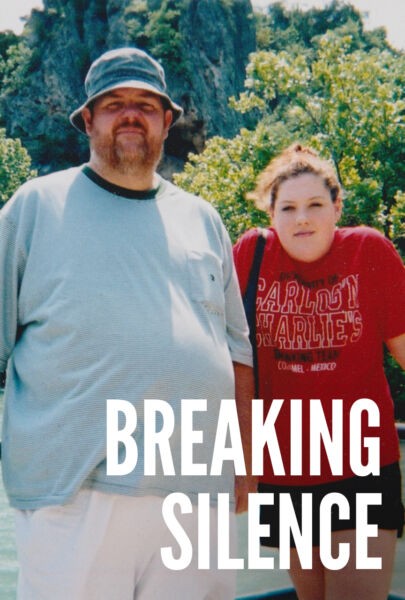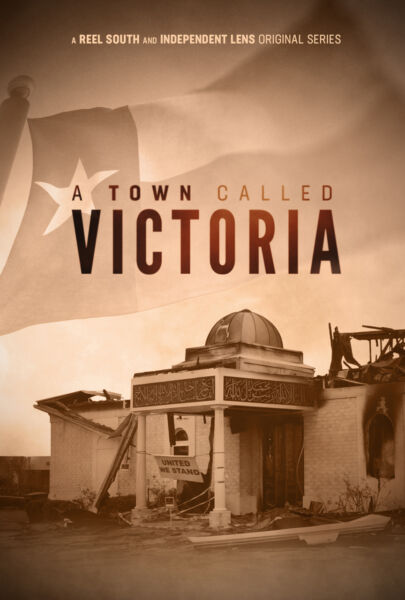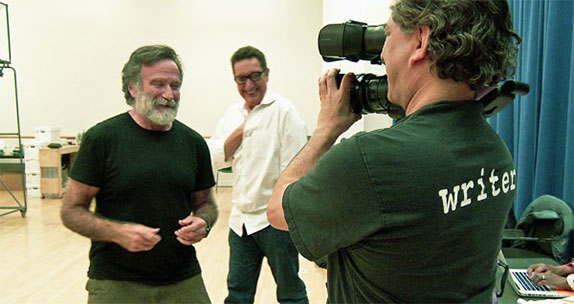
Robert Levi, whose previous film, the award-winning Billy Strayhorn: Lush Life, aired on Independent Lens in 2007, is back with another film about artistic integrity, but this time in the world of theater. Playwright: From Page to Stage takes an intimate look at the development of two new plays, showing how creative teams are assembled and collaborate, detailing everything from the intense rehearsal process to achieving one of theater’s ultimate goals: the arrival on a Broadway stage in New York City. Levi’s film follows two promising young playwrights, Rajiv Joseph and Tarell McCraney, who both bring a fresh, real-world perspective to the theater while honing their work with the help of world-class directors and actors.
We caught up with Levi before the PBS premiere to chat about the the path that lead him to make a film about the stage, how a bit of serendipity was involved, and things that could keep younger generations interested in theater.
Independent Lens: What led you to make this film?
Robert Levi: After winning the 2008 Best Documentary Emmy for Billy Strayhorn: Lush Life, I wanted my next project to present a new challenge, both visually and thematically. So I began filming an intimate behind-the-scenes, cinema verité theater documentary that tracked the lives of two hopeful young multi-ethnic playwrights, their directors, and actors as they embark on a multi-year emotional journey through writing, development, rehearsal, and performance of two cutting-edge new works. After my pitch, I recall Lois Vossen, the Independent Lens Series Producer, saying, “if it wasn’t an impossibly difficult project, it wouldn’t be a Robert Levi film.”
And how did you narrow it down to both these two writers, and their works in progress, Bengal Tiger at the Baghdad Zoo and the Brother/Sister Plays?
This film set out to document an NEA Program dedicated to awarding grants to new playwriting talent and pairing these writers with established theaters. Although the seven winning teams we originally filmed were extraordinarily creative and exciting to watch, the challenge was to capture the development of new work in a 53+ minute format, so we had to go with our strongest material.
So how did you gain their trust?
Ironically, I gained their trust after exhausting available funds. When I began this project, I assumed it would be viable to work with a sound recordist, a gaffer, and production assistants. By the time R&D [research and development funds] had ended, however, I had spent a significant portion of the production funding — with 90% of the filming yet to be done! As a result, I often went nm, directing, shooting, lighting, and recording the sound by myself. Our small film crew footprint meant fewer distractions for the playwrights, actors, and directors, and established me as part of the surroundings because of minimal disruption to their real-time working process.
Did you know at the time that Bengal was destined for Broadway or was it instinct and some luck?
Prevailing wisdom during Bengal Tiger’s two successful California runs (at the Kirk Douglas Theatre and the Mark Taper Forum) was that the work was perhaps better suited for smaller, intimate theaters, and was a long shot for Broadway consideration. Bringing it cross country to Broadway was a small miracle and, of course, a filmmaker’s dream.
Did you grow up around theater?
Yes, I combined film and theater studies when I was at New York University, and during the summers, I built sets and crafted props at the New York Shakespeare Festival. I also was selected to direct a play Off-Broadway, which was quite a harrowing experience for the simple reason that in theater, everything happens in real time. You can’t go back into the cutting room with a cup of coffee and a second set of eyes to fix a scene that’s not working correctly; you have to think on your feet.
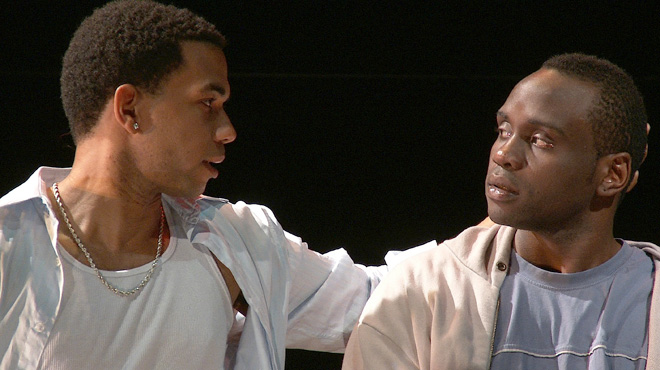
From Tarell McCraney’s The Brothers Size
What impact do you hope Playwright will have?
I hope that this film will expose a new generation of viewers to an important cultural art form whose impact and influence may have slightly waned in an era of digital infotainment. And for those who are already theaters-goers, I hope that this film will provide insight into a world that they might already be familiar with.
Along those lines, as noted in the film, even as times and attention spans have changed radically, people are still going to the theater, but it’s hard for smaller plays to compete. How do you see the theatrical landscape changing or adapting — or does it need to?
I had the great good fortune to see Shakespeare’s Twelfth Night with the wonderful Mark Rylance on Broadway recently. In this production, which originated at Shakespeare’s Globe in London, there was stage seating, which means I was literally up on the stage with the actors as they told their story. It was the most fun I’ve ever had in the theatre, and everyone — actors and audience members — was having such a good time; there was such joy in this shared moment. And it really brought home the symbiotic relationship of actor and audience — we were all feeding off everyone else’s energy and enthusiasm, and it was pure magic; I didn’t want it to end. And you only get this at the theatre, which is inherently a very social event; as humans, we need this connection as the antidote to other forms of entertainment delivered on screens, which by their very nature isolate.
So I’m a believer in theatre as something essential to our lives. I think if more theaters can do things like Twelfth Night — where there is more intermingling, thereby increasing interactivity — it would be great; it’s a contemporary idea that, ironically, dates back to Shakespeare’s time, when theatre viewing was much less rigid. Also, in order to develop the theatre habit in a younger audience, theaters must figure out clever ways to reduce ticket prices, be it by offering standing room at a fraction of the cost, special promotions, whatever. But it is important to figure out how to make live theatre affordable to a younger generation.
I promise you, if we could get every teen in America up on that stage to watch Twelfth Night, we’d have a new generation of hooked theater-goers!
What were some of the biggest challenges you faced in making this film?
Clearly, being the proverbial “fly on the wall” was not an option in the intimate settings that I chose to document. I had to earn the trust of everyone involved.
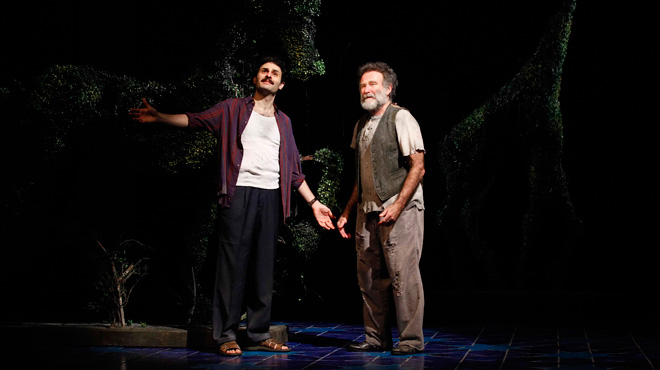
Stage production of Bengal Tiger at the Baghdad Zoo. [Photo by Carol Rosegg.]
In a parallel to the indie film world, there are many young playwrights who have very bright futures ahead of them. We spent a significant amount of time during the filming of this project with the Rude Mechanicals, a brilliant theatre collective in Austin, Texas. They are a fascinating, talented bunch of theater professionals with lots of ingenious tricks up their sleeves, and would be great subjects for a film.
Tell us about a scene in the film that especially moved or resonated with you.
The scene that most affects me each time is the moving and emotional speech delivered to the cast, right before opening night on Broadway by the Bengal Tiger Producer, Robyn Goodman.
What are your three favorite films?
Citizen Kane, Psycho, and La Strada (I know, sounds like a law firm.)
What advice do you have for aspiring filmmakers?
Follow your dreams; trust your instincts; stay in touch with wealthy relatives.
What do you think is the most inspirational food for making independent film? (This question is meant literally.)
Lately, chocolate covered espresso beans have been in demand in the cutting room.
That being said, I dream of home-cooked meals prepared with love, but I’d never turn down a good slice of New York pizza.
The trailer for Playwright: From Page to Stage

